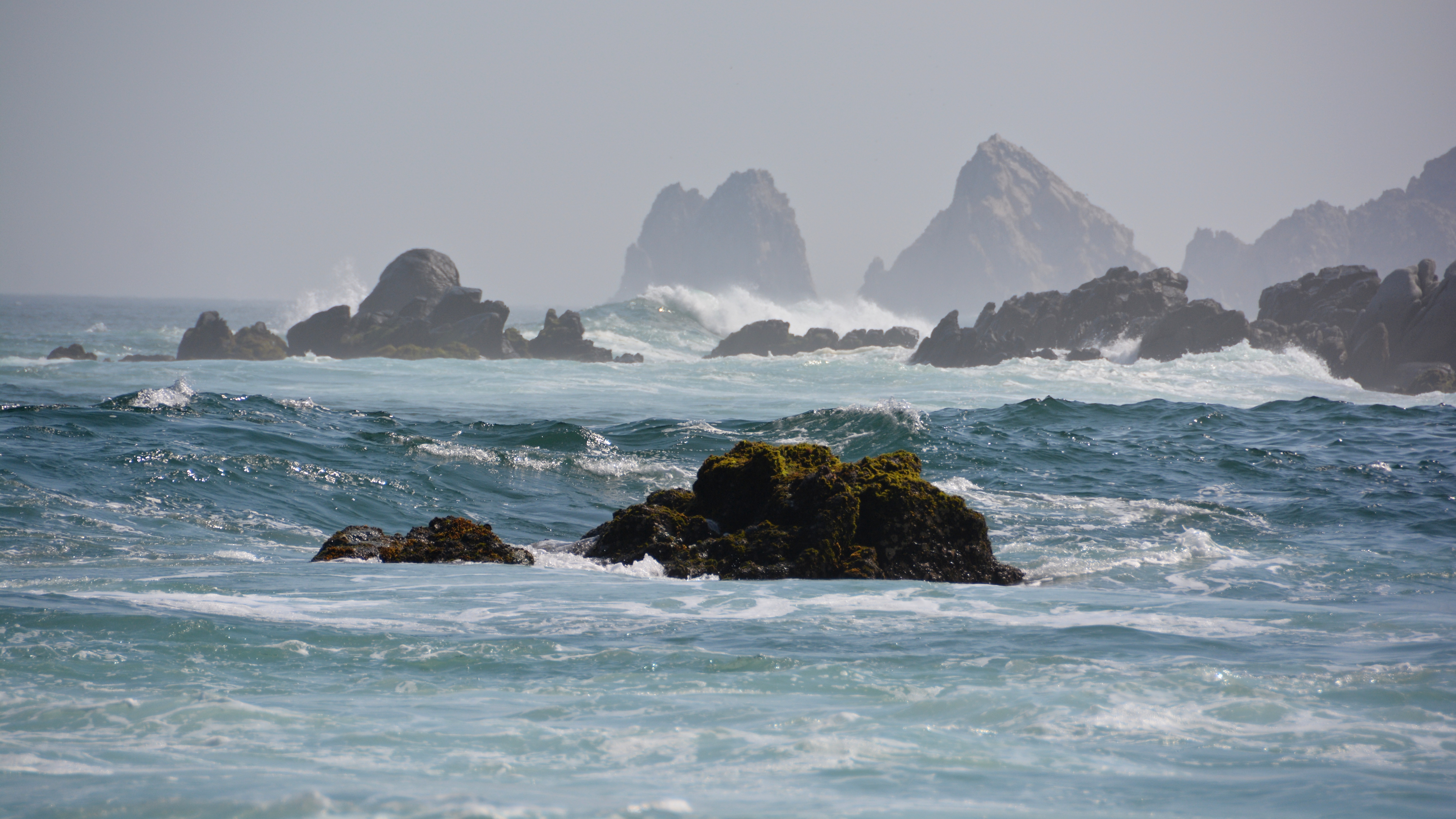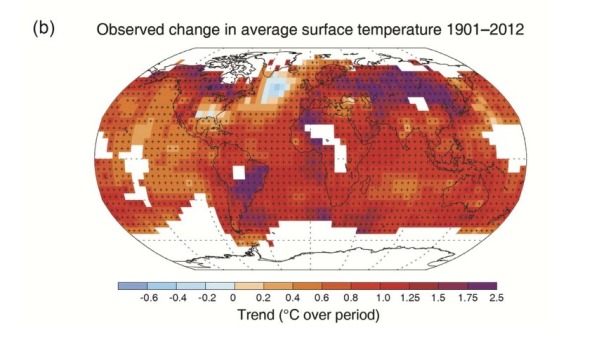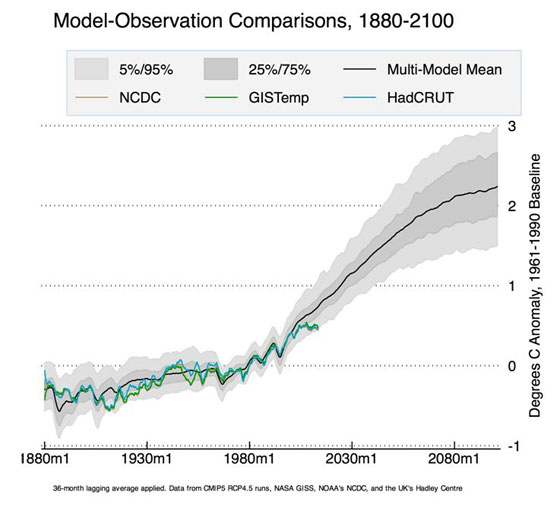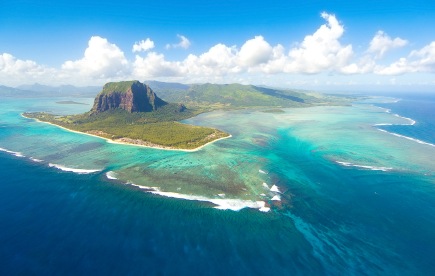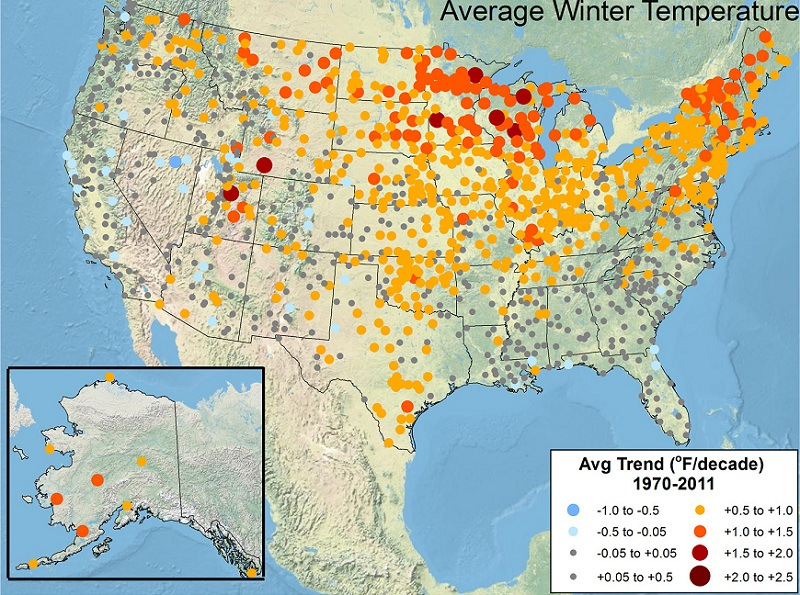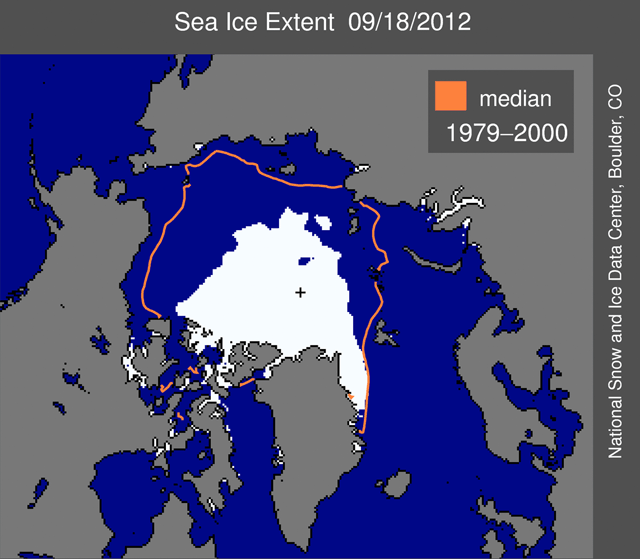
You’ve probably seen the recent headlines announcing that Arctic sea ice reached a record low this September and the fabled Northwest Passage has been opened to shipping the past five summers. According to Climate Progress:
And, for the fifth consecutive year–and fifth time in recorded history — ice-free navigation was possible in the Arctic along the coast of Canada (the Northwest Passage), and along the coast of Russia (the Northeast Passage or Northern Sea Route.)
So, when was the last time the Northwest Passage was open? On this there are divergent views. Meteorologist Jeff Masters, co-founder the Weather Underground, writes in Climate Progress:
We can be confident that the Arctic did not see the kind of melting observed in 2012 going back over a century, as we have detailed ice edge records from ships (Walsh and Chapman, 2001). It is very unlikely the Northwest Passage was open between 1497 and 1900, since this spanned a cold period in the northern latitudes known as “The Little Ice Age”. Ships periodically attempted the Passage and were foiled during this period. Research by Kinnard et al. (2011) shows that the Arctic ice melt in the past few decades is unprecedented for at least the past 1,450 years. (emphasis added)
It is interesting the timeframe is cut off at 1900. According to Larry Bell, founder and director of the Sasakawa International Center for Space Architecture and author of Climate of Corruption, just 3 years later, historical records suggest the Passage may have been open. Writing about Norwegian polar explorer Roald Amundsen:
 In diary entries he wrote in 1903, sailor Ronald Amundsen reported his experience on board a ship in those waters: “The Northwest Passage was done [had opened]. My boyhood dream – at the moment it was accomplished. A strange feeling welled up in my throat; I was somewhat over-strained and worn – it was a weakness in me – but I felt tears in my eyes. Vessel in sight . . . Vessel in sight.”
In diary entries he wrote in 1903, sailor Ronald Amundsen reported his experience on board a ship in those waters: “The Northwest Passage was done [had opened]. My boyhood dream – at the moment it was accomplished. A strange feeling welled up in my throat; I was somewhat over-strained and worn – it was a weakness in me – but I felt tears in my eyes. Vessel in sight . . . Vessel in sight.”
Then, around mid-century:
During the early 1940’s a Royal Canadian Mounted Police (RCMP) schooner assigned to Arctic patrol made regular trips through the Northwest Passage. And in 2000, that is to say, 7 years before the first-ever satellite records), another RCMP patrol vessel was renamed the St. Roch II and recreated the voyage, making the crossing in only three weeks. The crew reported seeing very little ice except for the occasional icebergs they passed.
In view of the recent dramatic reduction in Arctic ice this summer, Mark Serreze, Director of the National Snow and Ice Data Center, is likely correct: “We are now in uncharted territory.” However, leaving out references to the times in when the Northwest Passage may have been, or was open, you avoid the appearance of presenting only information that supports one point of view.
There is also a discrepancy regarding the year satellite records of Arctic sea ice became available. Here Bell seems to be significantly off on his dates.
If you have additional information or thoughts on issues above and the recent reduction in Arctic sea ice, please submit your comments.
 Thursday, October 10, 2013 at 08:31AM
Thursday, October 10, 2013 at 08:31AM 

